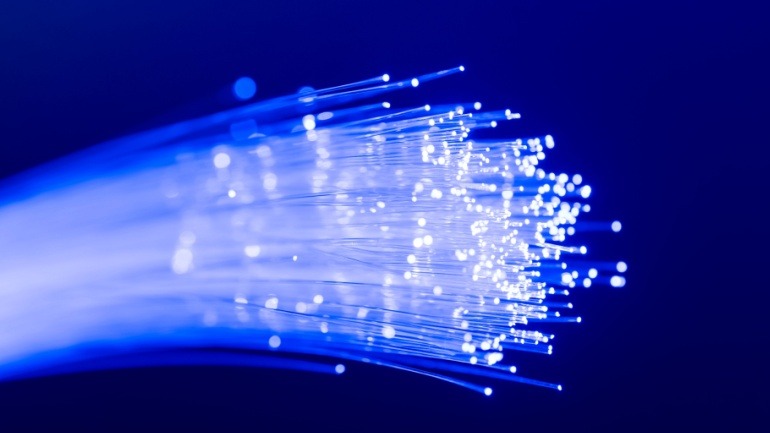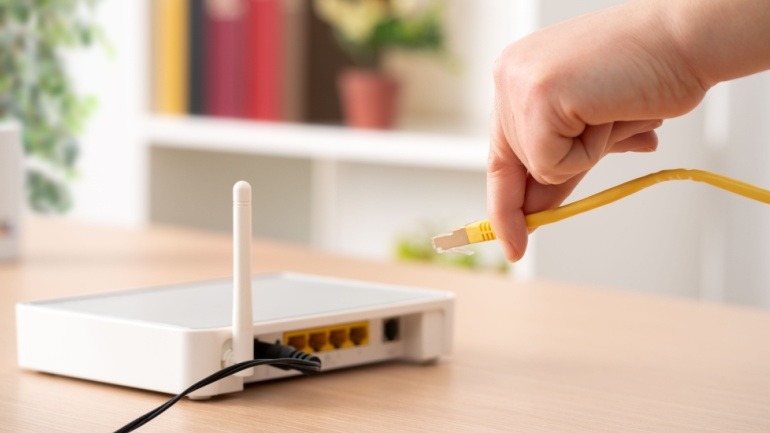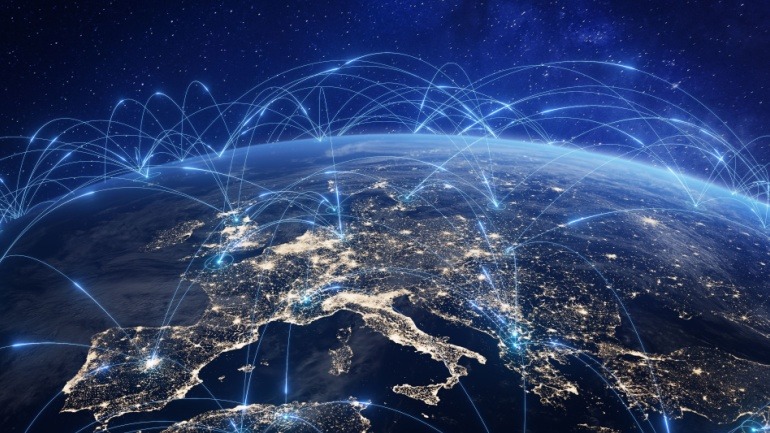Virgin Media O2 and Age UK join forces to support older people during the 3G switch off. The partnership funds digital guidance, free compatible devices and awareness sessions, ensuring vulnerable customers stay connected as services transition to 4G and 5G.
Orange Cyberdefense has acquired Swiss firm ensec to expand its presence in Switzerland, especially in German speaking regions. The deal strengthens its market position, adds 40 experts and over 130 clients, and combines local expertise with global reach to deliver stronger cybersecurity services for businesses and public sector organizations across Europe.
T-Mobile US has partnered with Comcast and Charter to deliver 5G services for businesses by 2026. The deal allows the cable companies to expand into enterprise mobility without major infrastructure costs, challenging Verizon and AT&T while strengthening T-Mobile’s position in the mid market.
OpenAI has struck a deal with the UK government to advance AI development, pledging to invest in research, infrastructure, and public services. The partnership aims to boost economic growth and strengthen Britain’s position as a global AI leader.
Nokia’s Enscryb platform is set to revolutionize the energy sector by leveraging digital twin technology. Through partnerships with energy leaders like NODES and Smartecon, Enscryb enhances energy flexibility, integrates renewable data, and supports sustainability goals.
Orange Business has unveiled its new Defense & Security Division, affirming its dedication to sovereignty in defense and homeland security. This aligns with its “Lead the Future” strategy, targeting strategic verticals with sovereignty implications.
Telxius and Ciena have achieved a major milestone with the first live 1.3 terabit per second transmission across the Atlantic. Using advanced technology, they improved efficiency and bandwidth over 6,600 kilometers, paving the way for faster, more sustainable global connectivity to meet rising demands for AI, video, and cloud.
Quickline Communications is investing £250 million to bring gigabit broadband to 360,000 rural locations in Yorkshire and Lincolnshire. Backed by Project Gigabit and key partners, the initiative aims to bridge the digital divide, boost local economies, and connect underserved communities with fast reliable internet over the next three years.
France has struck a major deal with Eutelsat to boost military satellite communications using OneWeb’s LEO constellation. The agreement supports urgent defense needs ahead of Europe’s IRIS2 system and could raise France’s stake in Eutelsat to 30 percent.
Vodafone Group has made a strategic leadership change by appointing Microsoft veteran Pilar López as their new Chief Financial Officer. López, with extensive experience in telecom and technology, joins Vodafone’s team, signaling the company’s commitment to integrating innovative tech insights.













